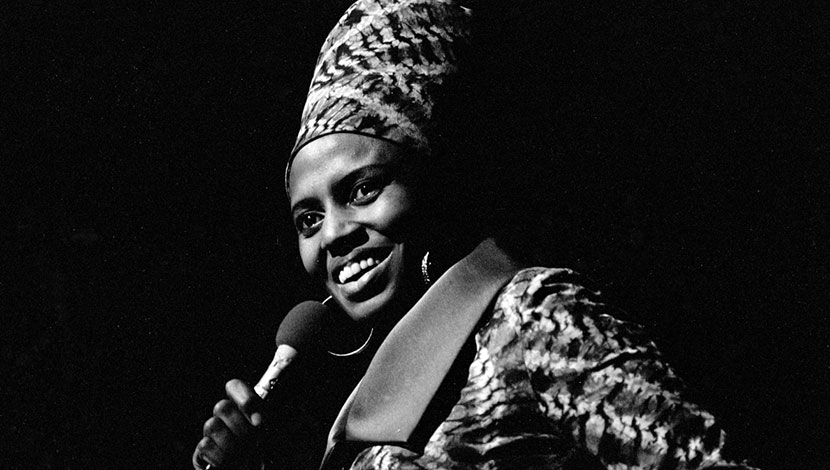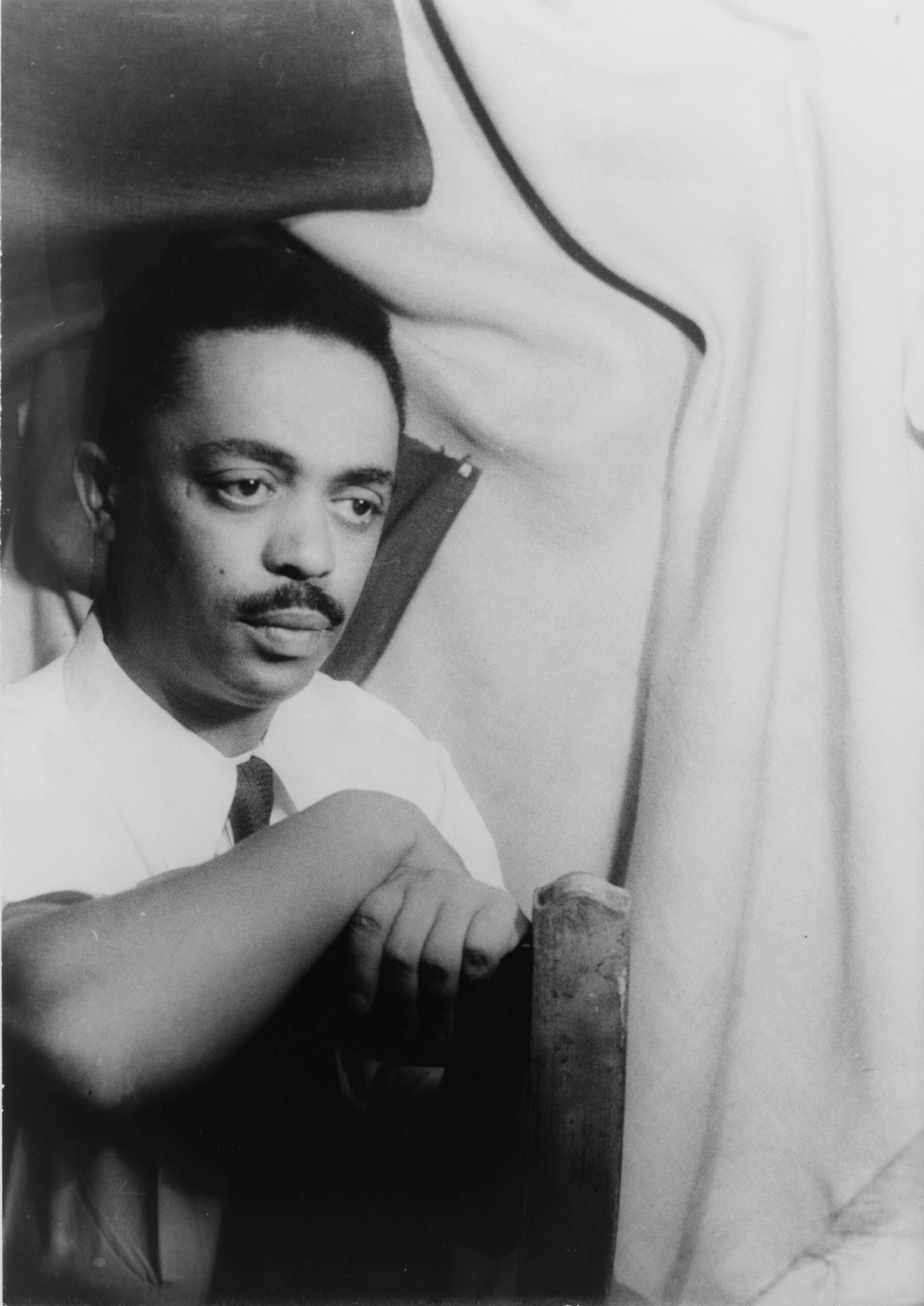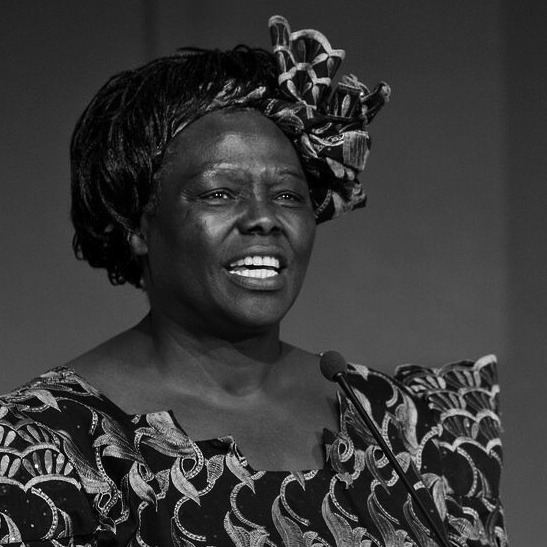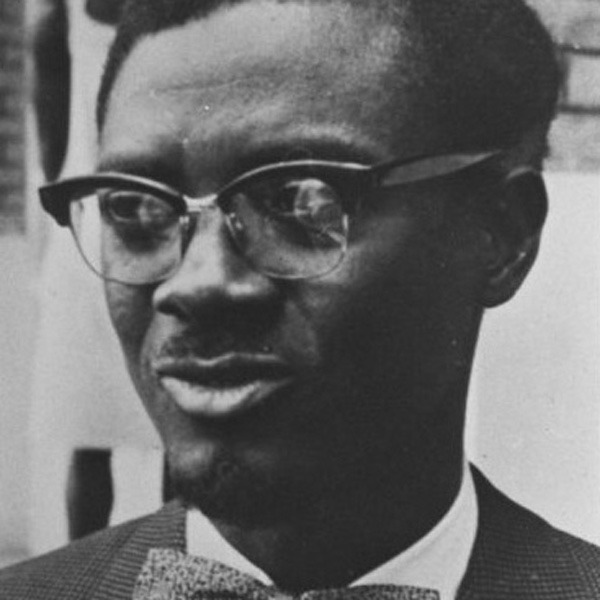Pioneers of African Unity
A united Africa has been championed by countless leaders, thinkers, and artists, from the pan-Africanist politics of Patrice Lumumba to the thought-provoking literature of Chinua Achebe, and the soul-stirring music of Miriam Makeba “Mama Africa.” These visionaries, and many others, have inspired this educational initiative. You can learn more about some of these remarkable individuals and other leaders who have worked toward the dream of a united Africa.





